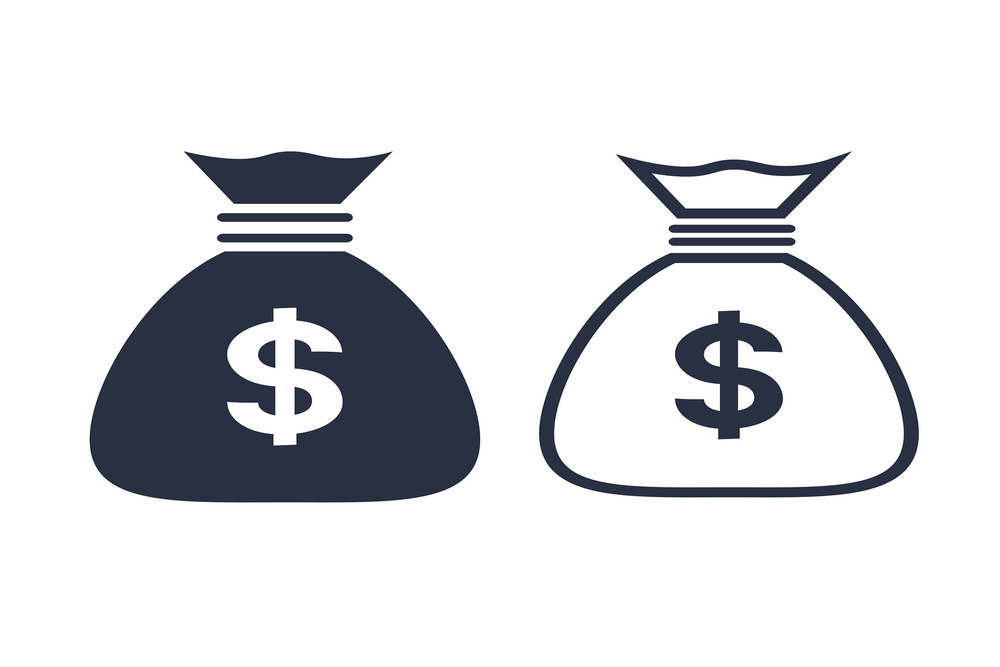The article “TFSA vs RRSP: How To Decide Between The Two” was originally published on MoneySense on October 2, 2018.
Here are five factors to consider when making your choice
Q: I have a question about RRSPs and TFSAs.
My average income is $100,000. Which account I should top up first?
How does it work in retirement?
—Kevin
A: Determining whether it is better to contribute to a Registered Retirement Savings Plan (RRSP) or Tax Free Savings Account (TFSA) depends on several factors, Kevin. I’ll try to identify some of the main determinants.
Tax bracket
If your income is $100,000, a $1 RRSP contribution should save you 35-46% tax, depending on your province or territory of residence. This assumes you don’t have any other tax deductions to claim.
If you contribute $10,000 to your RRSP instead of $1, the tax savings will be similar. But if you contribute $50,000, the tax savings will drop. This is because Canada has marginal tax brackets that decrease as your taxable income decreases, and therefore, RRSP deductions become less valuable as you move into lower tax brackets.
If we assume your Canada Pension Plan (CPP) and Old Age Security (OAS) government pensions and your RRSP and TFSA will provide your only sources of income in retirement, you would need a large RRSP to be in a higher tax bracket in retirement, Kevin.
Typical withdrawals between 65 and 70 may be 4-5% or your RRSP value, for example. If we assume maximum CPP and OAS pensions of around $21,000, you would need another $79,000 from your RRSP to have $100,000 of taxable income in retirement like you have now. At 4-5% of the account value, that would mean you would need a $1,500,000 to $2,000,000 RRSP to have a comparable income.
There are some other nuances to consider like OAS clawback, for example, but the point is $100,000 is a high income and most retirees with pre-retirement incomes that high tend to have lower incomes in retirement, Kevin, unless there are extraordinary circumstances. If you have a spouse who will have less retirement income than you, pension income splitting will even allow you to move some of your eligible Registered Retirement Income Fund (RRIF) withdrawals onto their tax return, thus further minimizing your family tax rate.
Time horizon
When you’re saving, you must consider how and when the savings are going to be used. Is there a chance you might need some of the savings for a child’s education? A renovation? Or for some other purpose?
Having some TFSA savings to fund medium to long-term expenses pre-retirement could be a reason to consider a TFSA contribution over an RRSP contribution, Kevin, given TFSA withdrawals are tax-free and RRSP withdrawals are taxable.
Debt
When choosing to invest over paying down debt, you generally do so on the assumption you will earn a higher rate of return on the investments than the interest rate you are paying on your debt. Effectively, you are deciding to borrow (or not pay down debt) to invest.
TFSAs could be part of a debt repayment strategy, whereby you “sell high” so to speak, using TFSA withdrawals when your investments have risen in value to make lump-sum debt repayments.
As interest rates rise, conservative investors may have a hard time earning a better return on their TFSAs than the guaranteed return they could earn paying down their debts.
Group plans
If you have a company match on a group RRSP or similar tax-deferred account like a Defined Contribution (DC) pension plan, Kevin, I’d almost certainly choose these over a TFSA.
Matching employer contributions are free money that should tilt your savings decision in favour of a workplace account over other savings options unless the match is low, or the investment options are terrible. Neither tends to be the case.
In retirement
Withdrawals from TFSAs are always tax-free, whether you’re working or retired, Kevin. Withdrawals from RRSPs are always taxable.
As mentioned previously, most people are in a lower tax bracket in retirement than during their working years. If someone has very modest retirement savings and income, RRSP withdrawals can negate their eligibility for government benefits like Guaranteed Income Supplement (GIS). So, if someone expects to have very modest retirement income including CPP of less than $24,000 as a single retiree or $34,000 as a couple, TFSAs may be that much better an option than RRSPs.
When saving and planning for retirement, it pays to take a long-term approach with today’s decisions – and to personalize them. Whether on your own or with a professional, retirement planning can help validate your choices and assist you to set targets for the future.
Jason Heath is a fee-only, advice-only Certified Financial Planner (CFP) at Objective Financial Partners Inc. in Toronto, Ontario. He does not sell any financial products whatsoever.

